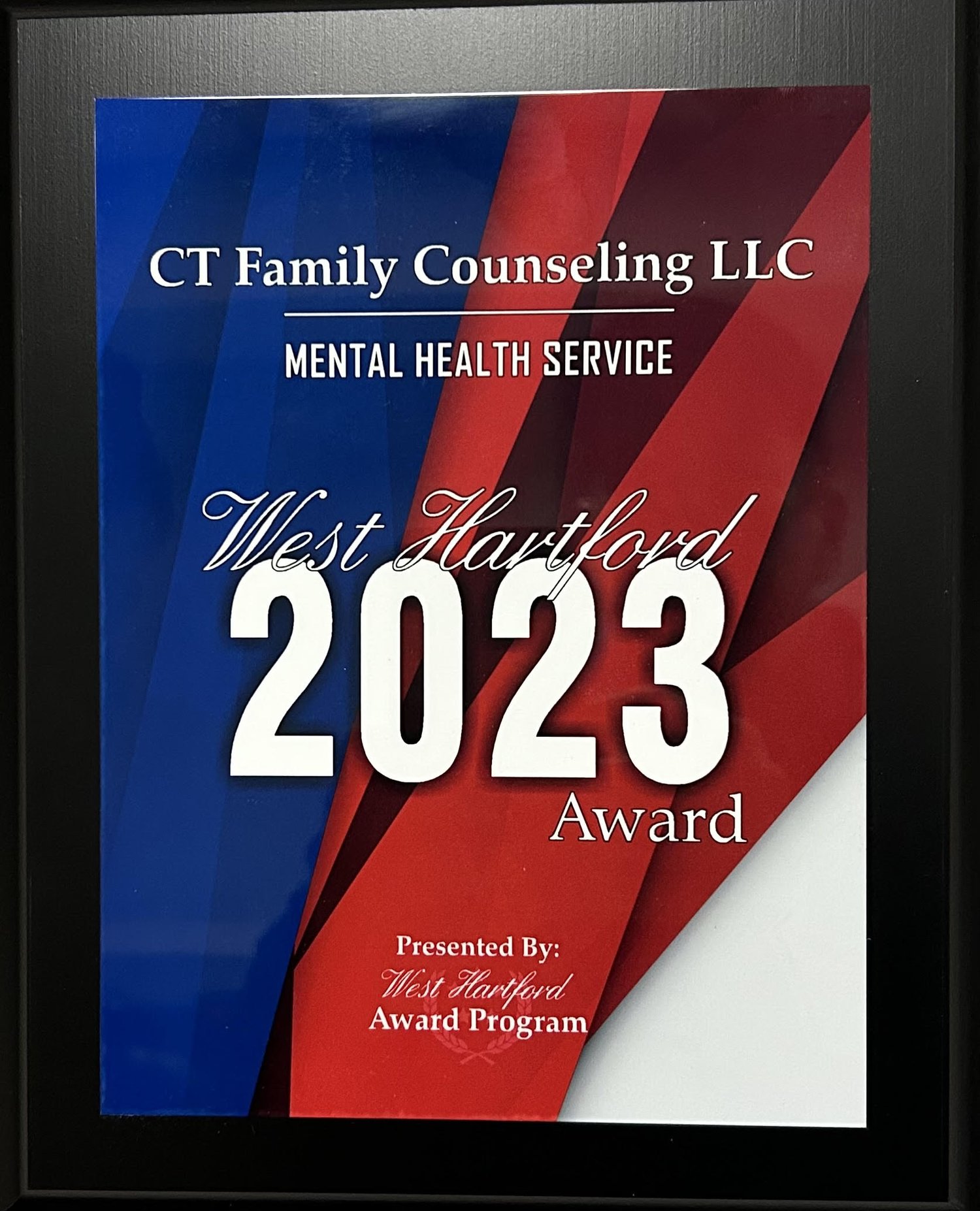Why So Many Gen Z Young Adults Are Struggling With Drugs and Alcohol (And Why Shame Isn’t the Answer)
If you’re a young adult trying to figure out your relationship with alcohol, weed, vaping, or any other substance, you’re not alone. Whether you’re using to escape, to calm your mind, to feel something… or nothing…it’s time we stop pretending this is just a “you” problem.
You are living in one of the most emotionally complex, fast-paced, and culturally contradictory times in history. And if no one’s said this to you yet: It makes total sense that you’re struggling.
This Isn’t Just About Drugs. It’s About Survival.
Gen Z—those born between the late 1990s and early 2010s, has grown up in a pressure cooker:
Pandemic isolation and disrupted schooling
Social media that fuels comparison, perfectionism, and FOMO
A mental health crisis marked by rising rates of anxiety, depression, and self-harm
Constant exposure to trauma, violence, and a planet in distress
A digital culture that praises hustle and productivity, even while people are silently falling apart
So when a vape, a pill, a bottle, or a gummy offers instant relief? That’s not rebellion. That’s survival. Substances often feel like the only thing that slows the noise down.
Substance Use Isn’t a Character Flaw—It’s a Coping Strategy
As a therapist, I don’t sit across from “addicts.” I sit across from real people using real strategies to deal with emotional pain, trauma, loneliness, or burnout.
Some things I often hear from young adults in therapy:
“I don’t drink every day, but I can’t socialize without it.”
“I feel like I need weed just to fall asleep or function.”
“I want to stop using, but I’m scared I won’t know how to deal with life.”
This is where therapy can help…not by scaring you straight or lecturing you, but by creating a safe space to understand yourself, your patterns, and your pain.
Let’s Be Honest—Shame Never Heals
If shame worked, everyone would be sober.
But what shame actually does is deepen the secrecy and reinforce the cycle:
Feel anxious or low → Use to escape → Feel guilty or ashamed → Isolate → Use again
Instead, what works is:
Curiosity instead of criticism
Connection instead of isolation
Self-compassion instead of self-hate
Tools, not just willpower
You deserve to feel better before things spiral. You deserve to understand your story, not just be blamed for it.
What You Can Do Right Now
You don’t need to call yourself an “addict” or go to rehab tomorrow to start making shifts. Here are a few small but powerful steps:
Try a “sober curious” week to observe your cravings without judgment
Journal what you’re feeling before and after you use
Talk to a therapist who gets what it’s like to be young in this world
Don’t wait for rock bottom…ask for support early
You don’t have to give everything up to begin. Just get honest with yourself. What’s really going on underneath the substance?
You’re Not Broken. You’re Trying to Cope.
If no one else has told you this today: there is nothing wrong with you.
There might be some things out of alignment. There might be pain you haven’t named. But deep down, you are someone who wants to feel calm, clear, confident…and you’re allowed to want that.
Your healing doesn’t start with guilt. It starts with permission to be human.
